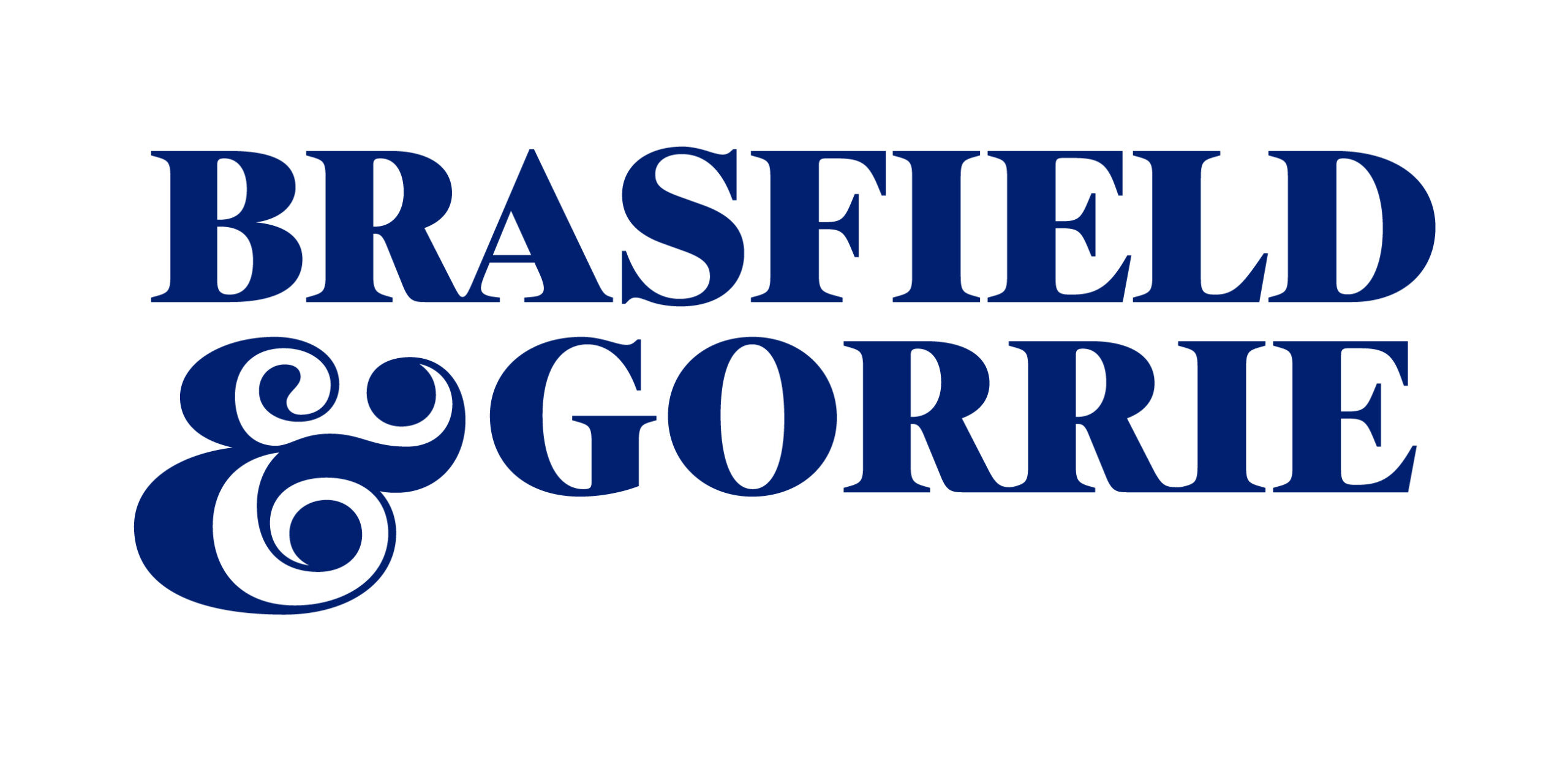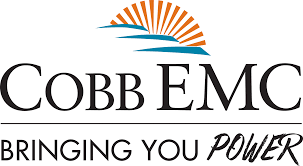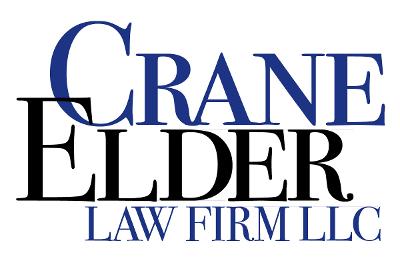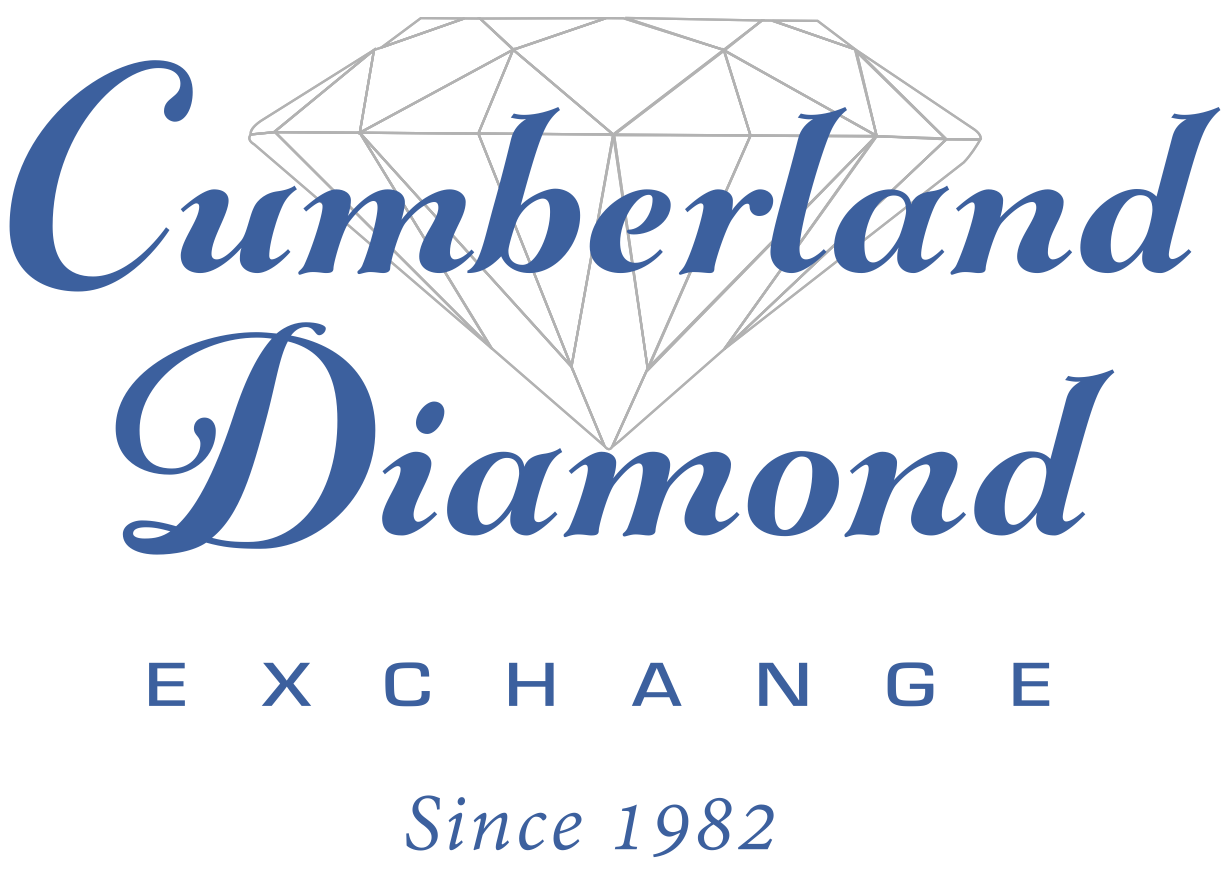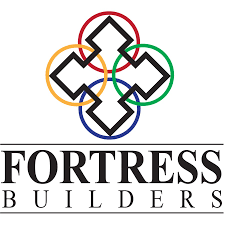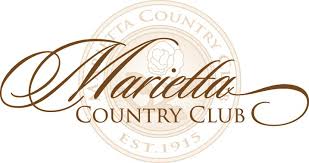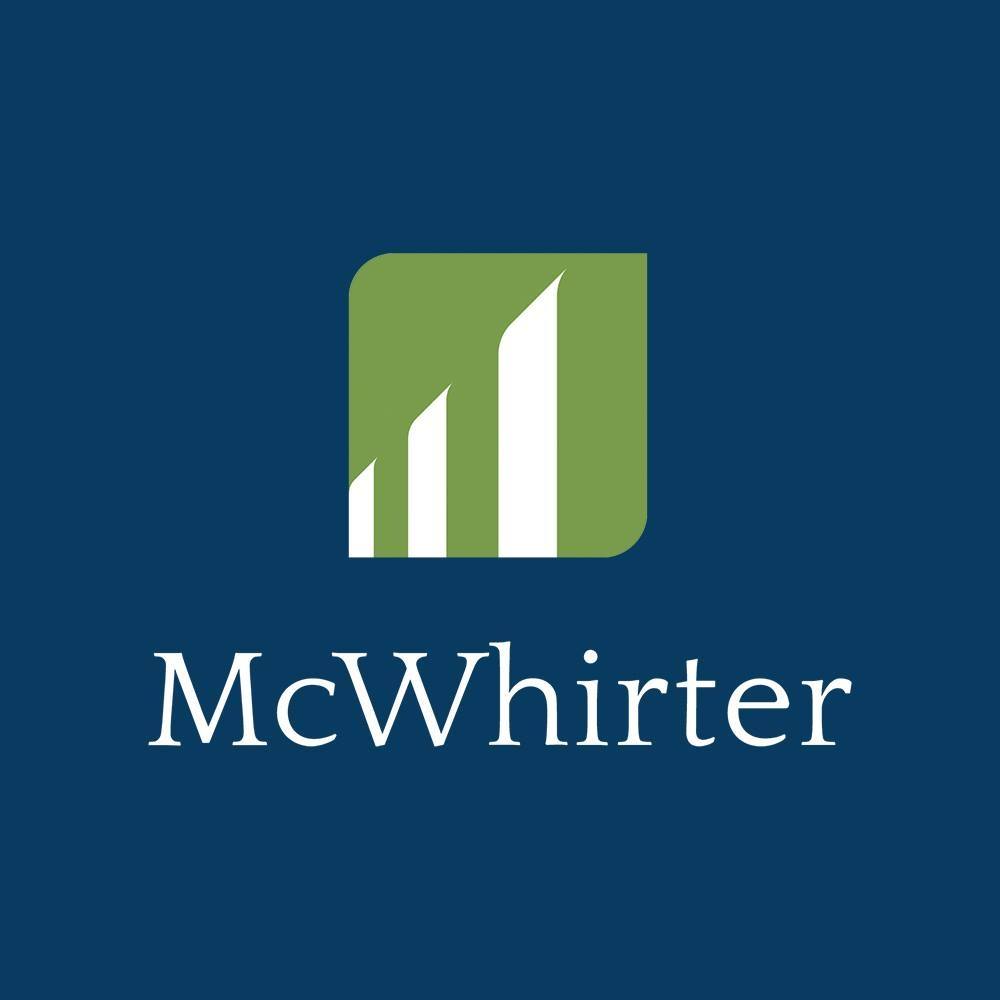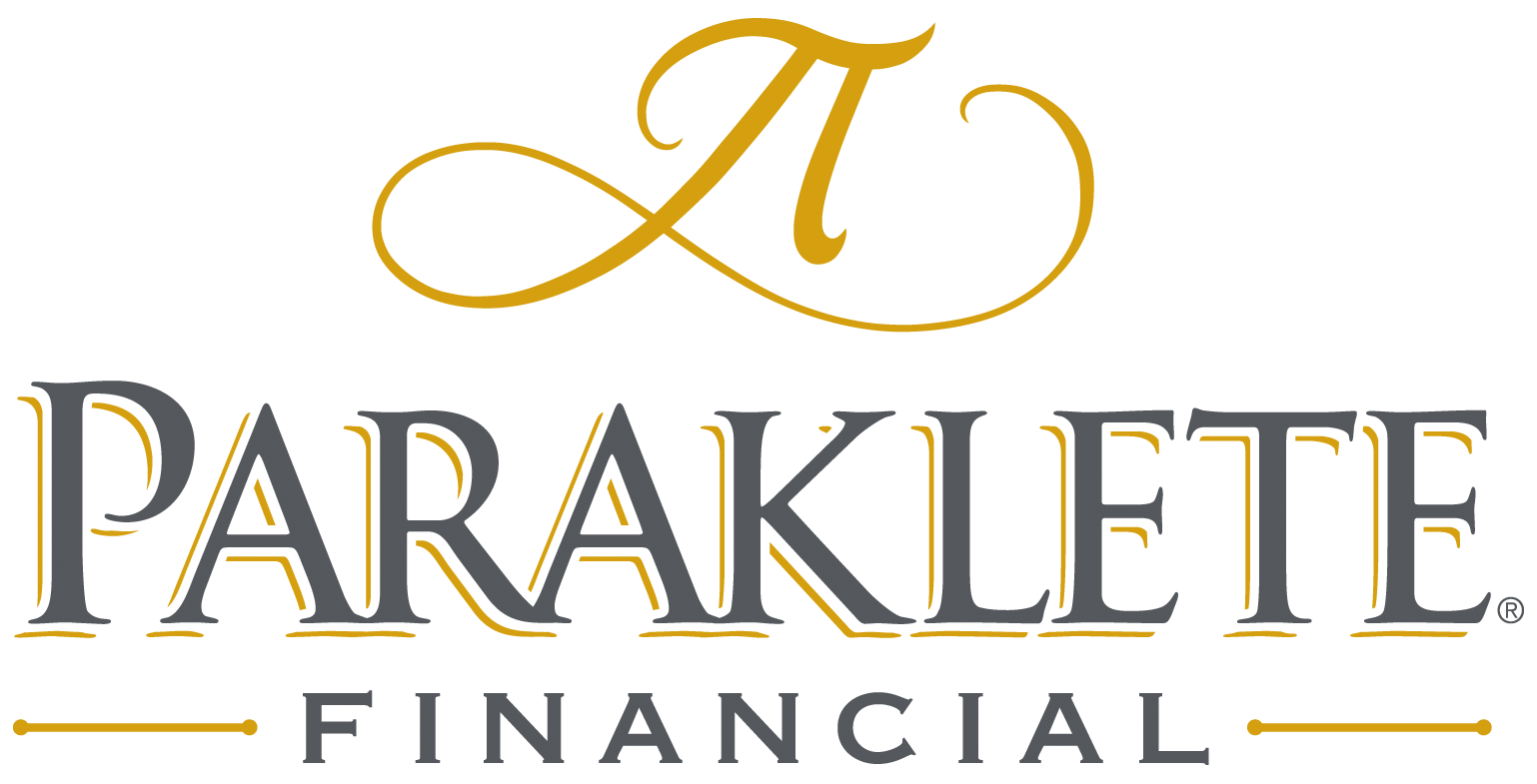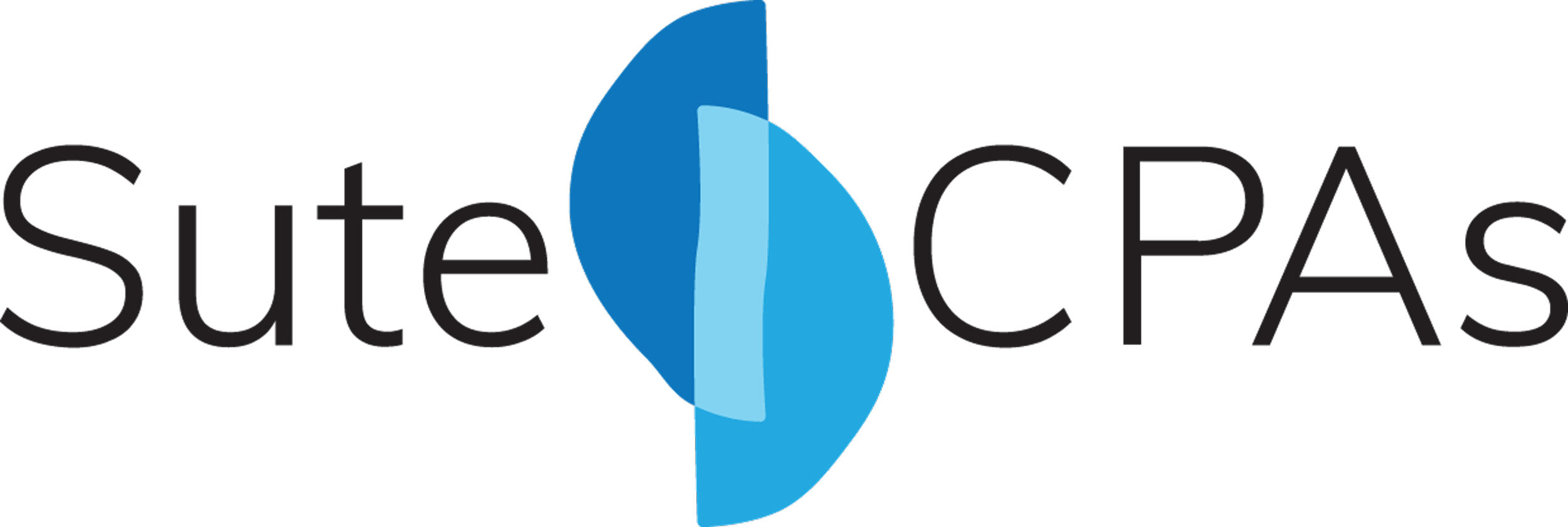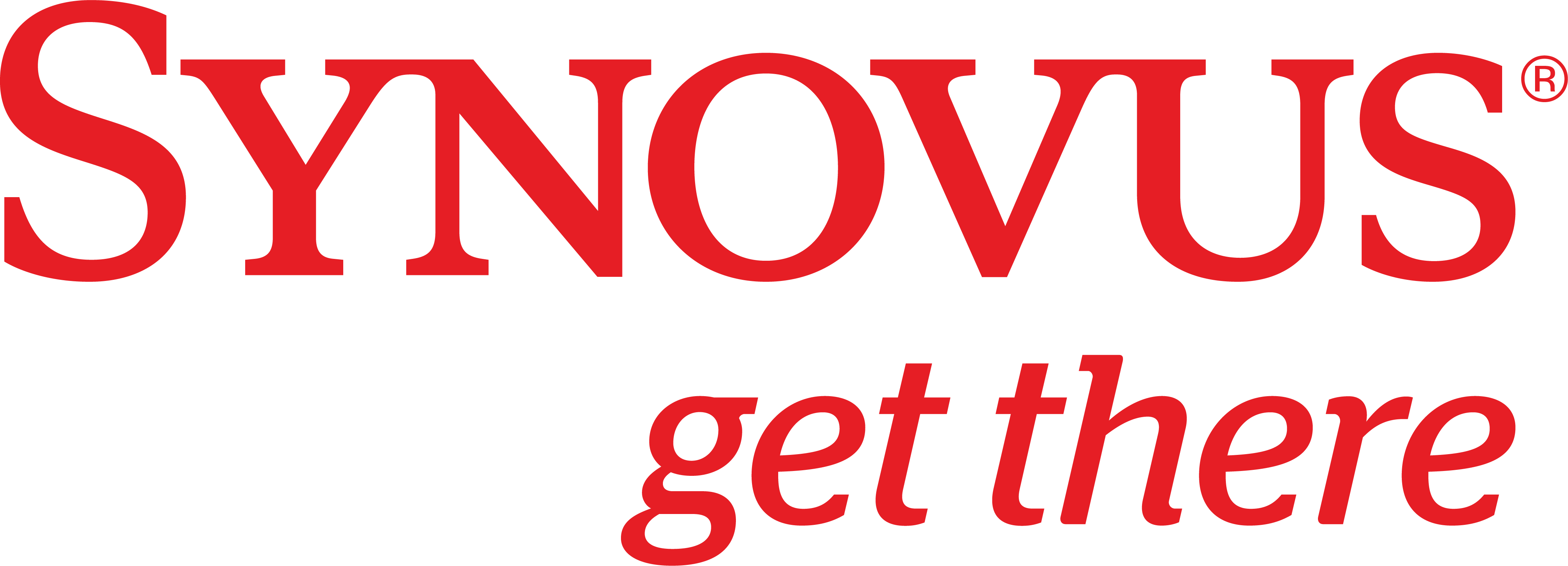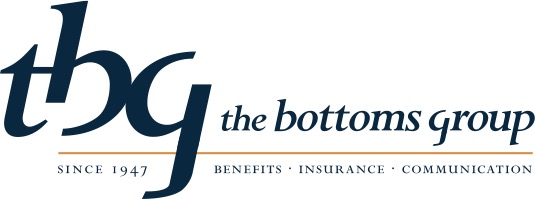
William G. Lako, Jr., CFP®, Principal and Managing Director
HENSSLER FINANCIAL, WILLIAM LAKO, JR., SHARES HOW TO MAKE IMPACTFUL GIVING EASY
Most charitable giving doesn’t happen because of a tax deduction. Even if you’re not a high-income earner looking for a way to save on taxes, you can still make a meaningful difference with the way you give back. Because of tax law changes, one method is to bunch your charitable donations in certain years to push your itemized deductions over the standard deduction. Instead of donating $1,000 in a year, this could mean you donate $5,000.
I know you’re saying, “Hey wait a minute. I don’t have $5,000 lying around, nor do I even know who I’d donate $5,000 to!” If you’re an investor, I’ll bet you have highly appreciated stock investments. The Technology sector has had an amazing run in the past few years, so there is a good chance your portfolio is overweight in that sector. Rather than sell that stock and pay the capital gains, why not transfer it to a charity? And instead of hurriedly choosing a charity before year-end, consider a donor-advised fund. Assets can be transferred relatively quickly with an immediate effect for tax planning purposes.
Donor-advised funds are dedicated charitable accounts administered by a community foundation or third-party financial institution that manage charitable donations. The community foundation takes care of the bookkeeping, tax reporting, and ongoing investment decisions with minimal administrative costs paid by you, the donor. When you’re ready, you’re able to support virtually any IRS-qualified public charity by recommending grants. Until then, the account balance can be invested for potential growth, possibly resulting in even more money for causes you care about.
While starting your own charitable fund sounds fancy, the process is quite simple. A donor-advised fund can be established with a simple form provided by the sponsoring community foundation. You then write a check or transfer the appreciated stock. You’re then able to take your charitable tax deduction, assuming your itemized deductions are more than the standard deduction. Contributions can be deducted based on their fair market values, including closely held stock and real estate. When you donate appreciated securities, your charitable deduction is limited to 30% of your adjusted gross income, which is still a considerable amount. If your adjusted gross income was $50,000, you’d be able to donate up to $15,000 in appreciated stock. You would also avoid paying capital gains on that appreciated stock.
A great benefit of a donor-advised fund is that you can take the time to research your charities you want to give grants to. Grants can be as little as $50 to as much as your whole account balance. There is no required amount that must be distributed per year, and no taxes apply to balances in your donor-advised fund. Furthermore, the sponsoring community foundations are generally well-equipped to work with you to find the charities whose work really means something to you.
In off years when you are taking the standard tax deduction, you may choose to not contribute to your donor-advised fund, saving your donations for high-income years, such as a year stock options are exercised or if you’ve sold a business or real estate. But even in those years when you are not contributing to your donor-advised fund, you can still recommend grants and the funds invested can potentially grow, amplifying future gifts. Finally, charitable gifts through a donor-advised fund do not have to end at your death. Your family can continue contributing to your donor-advised fund and recommend grants as successor advisors.
Donor-advised funds can be very impactful despite their ease to set up and fund.
William G. Lako, Jr., CFP®, is a principal and Managing Director at Henssler Financial and is a Certified Financial Planner™ professional. Henssler Financial has been delivering comprehensive financial solutions to its individual, corporate, and institutional clients for more than 30 years. Henssler Financial provides solutions that incorporate a range of services, including wealth management, financial planning, tax preparation and consulting, small‐business retirement planning, and estate planning.







